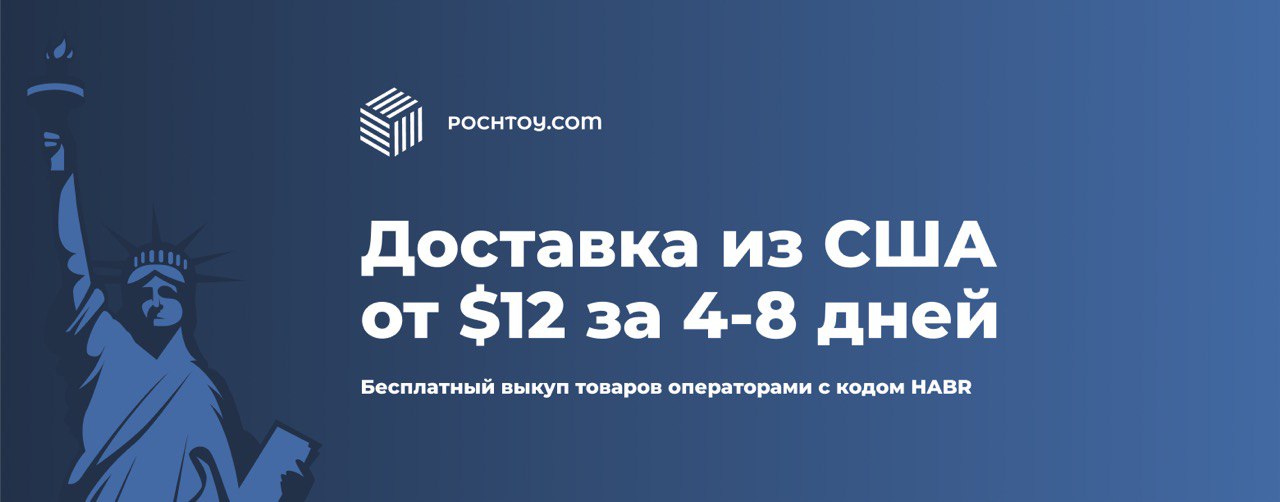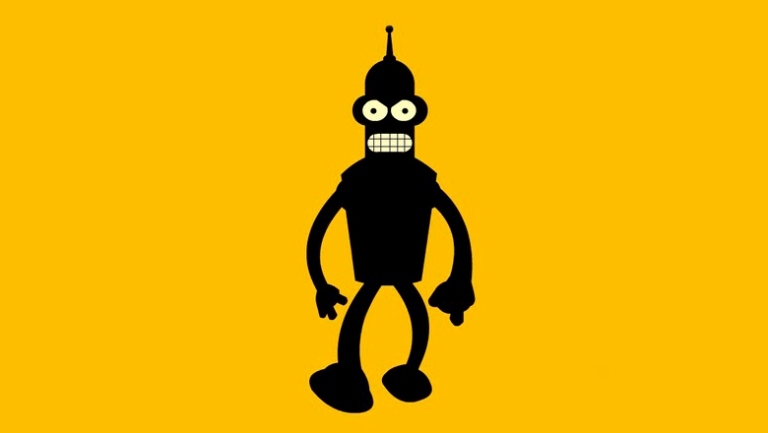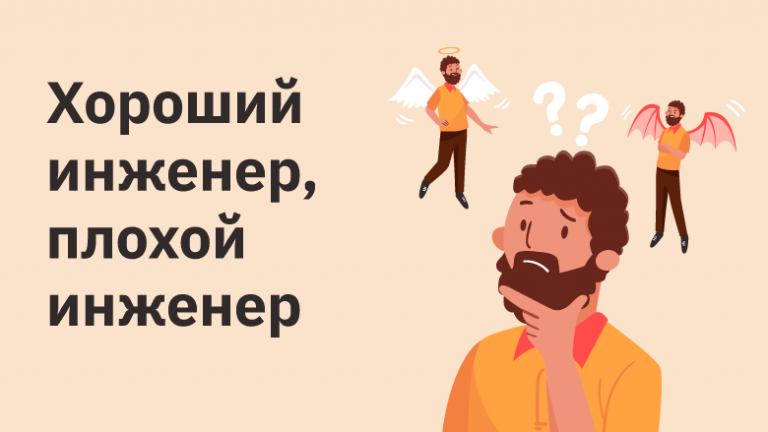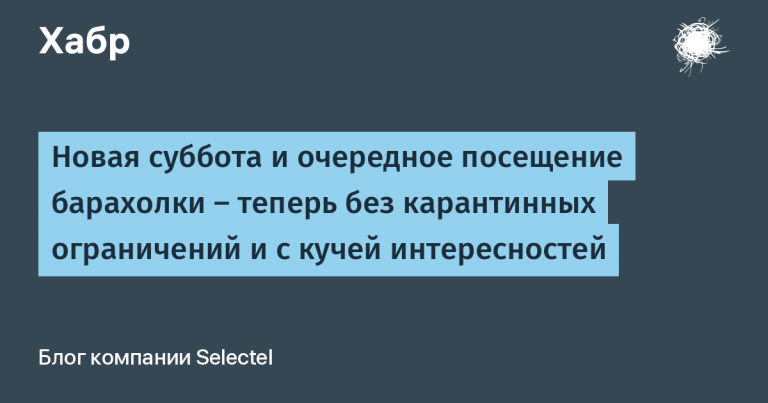How society and technology will change after the coronavirus. Expert Opinions
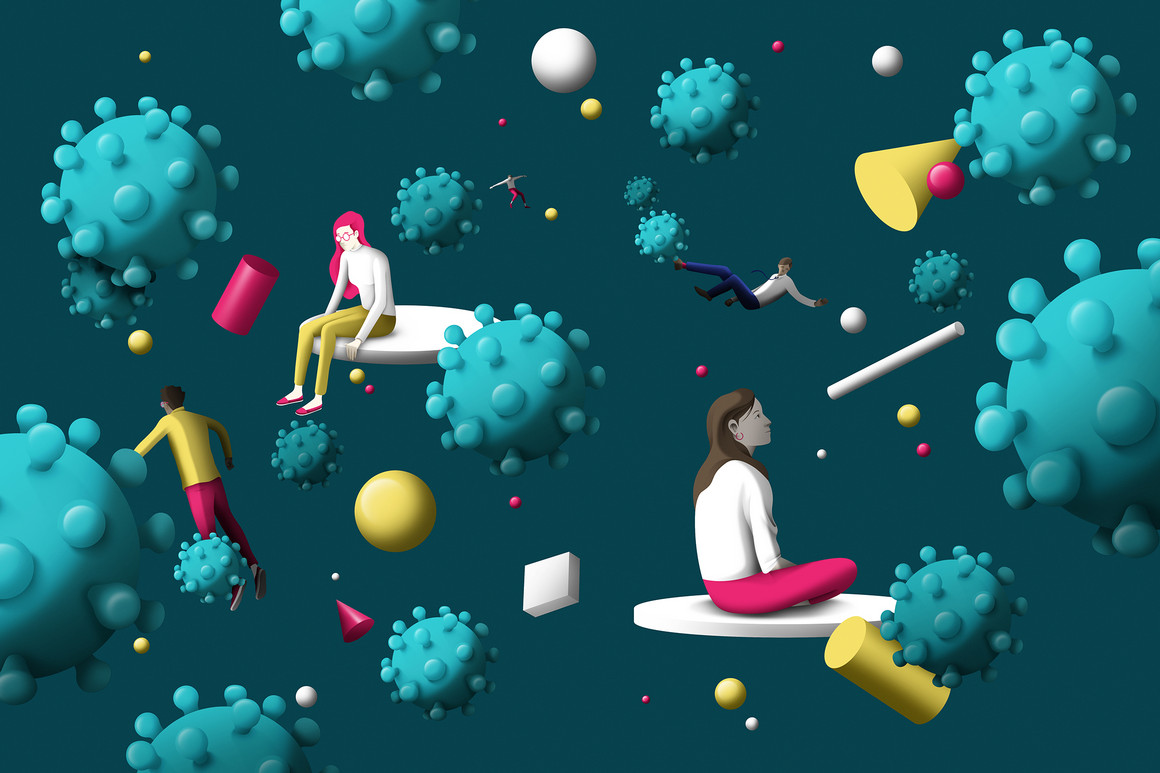
A crisis of this magnitude can radically change the world. From how we work and travel, to how we pray, communicate, and relate to each other. Politico magazine gathered the views of 34 leaders – professors, researchers, writers, CEOs. About what awaits us, and what you can prepare for. We have for you a squeeze of the first part, a full (very large) article in English can be read here.
Society
Personal becomes dangerous
Debra Tannen, Professor linguistics, author the books “You’re the Only One I Can Tell: Inside the Language of Women’s Friendships”:
We thought we were invulnerable. But September 11th made us remember that Pearl Harbor could happen again. The year 2008 brought us to the time of the Great Depression. And now we suddenly begin to recall the lessons of the 1918 pandemic.
Now we know that every touch of things or people can carry a real risk. We understand that breathing common air is dangerous. And even if the pandemic passes, this feeling will remain in people. It will never leave those who live this year.
We will always now think twice before shaking hands or touching our face. And many may find that they have a habit of constantly washing their hands, even if it is not necessary.
Instead of finding comfort in the presence of other people, loneliness will become more comfortable for many. Instead of the question, “Is there a reason to do this online?” we will ask the question “Is there any reason to meet for this?”
A new kind of patriotism
Mark Lawrence Shrad, Professor political science, author the books “Smashing the Liquor Machine: A Global History of Prohibition”:
In many countries, patriotism is associated with the army. But you cannot shoot a virus. On the front lines here are not soldiers fighting, but doctors and nurses. Here are the real heroes. Students, teachers, delivery service workers, taxi drivers, small business owners, employees who switched to a remote location. These are people who make their contribution, although they did not subscribe to such risks.
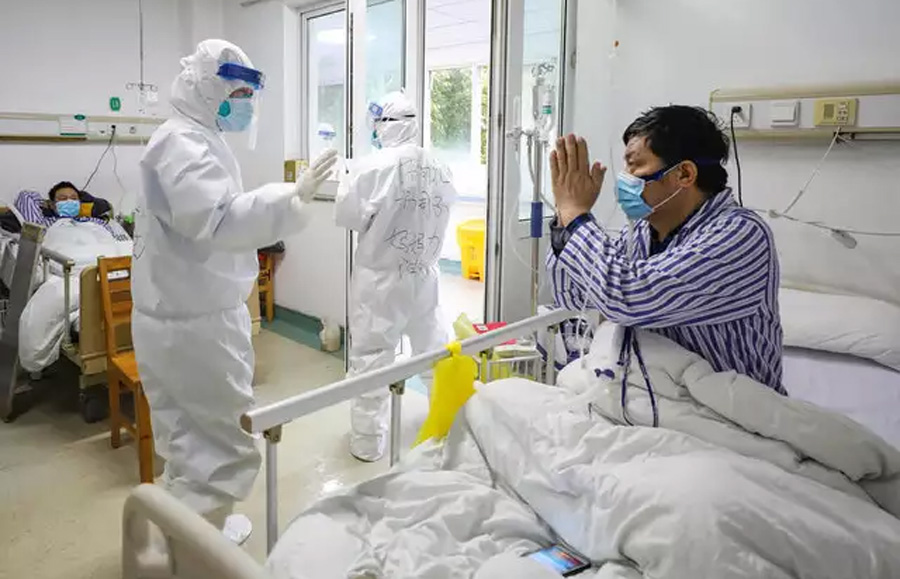
We have many new reasons for patriotism. But this is another patriotism – the pride of being together with such people who are ready to sacrifice themselves, to help their neighbor, even to the detriment of themselves. When it’s over, we will say to doctors and nurses “Thank you for your service!”, As military veterans are now. We will build statues for them and give discounts on transport, we will have a big celebration in their honor, every year.
And, perhaps, we will finally begin to understand that patriotism is about the health and life of your loved ones, about helping your community, and not about blowing up someone else’s.
Polarization reduction
Peter T. Colman, Professor of Psychology at Columbia University:
The shock that society has experienced from a pandemic can finally tear us out of this trap of increasing political and cultural polarization. He can unite both the world and the country. It may sound idealistic, but there are two reasons.
First, the scenario of a “common enemy.” This is an occasion to forget about the differences among themselves, and unite for victory. Now all of humanity has a common enemy. He doesn’t care what party you voted for and how much money you have in your wallet. You are as vulnerable as your neighbor with whom you have trouble. A pandemic could be an occasion for altruism, generosity and compassion.
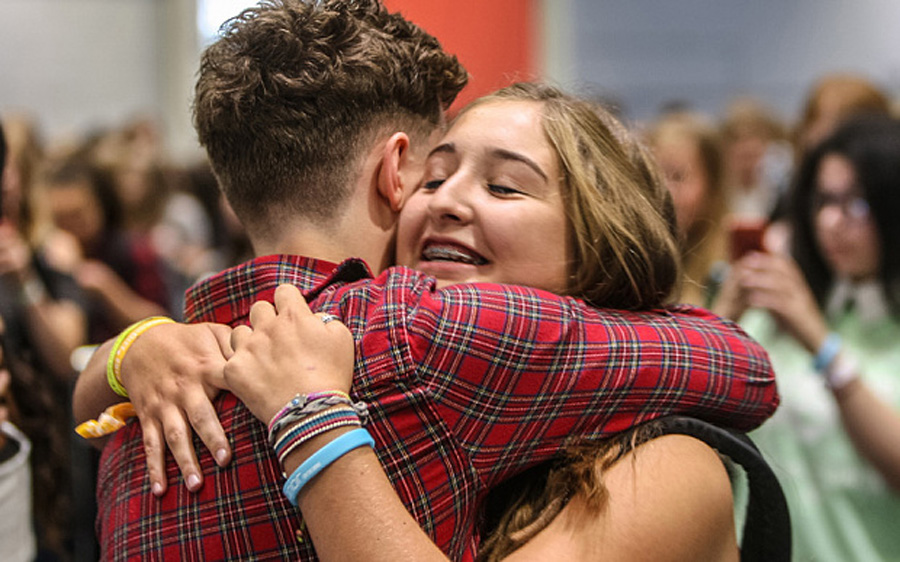
Secondly, a “political shock wave” is brewing. Any, even the most ancient foundations, can give a weakness and become more pliable after they are destabilized by a giant shock. This does not necessarily happen the very next day. But a study of 850 internal conflicts between 1816 and 1992 showed that more than 75% of them ended within 10 years after great destabilization.
Increased Confidence in Real Experts
Tom Nichols, professor at the US Naval College, author of The Death of Expertise:
In recent years, we have become quite relaxed, not serious. This is the luxury that the world brought us, wealth, a high level of technology. We did not think about what worried us before – nuclear war, unemployment, lack of food, and rising prices. Even about terrorism. We even chose a television star, a funny cartoon for ourselves as president.
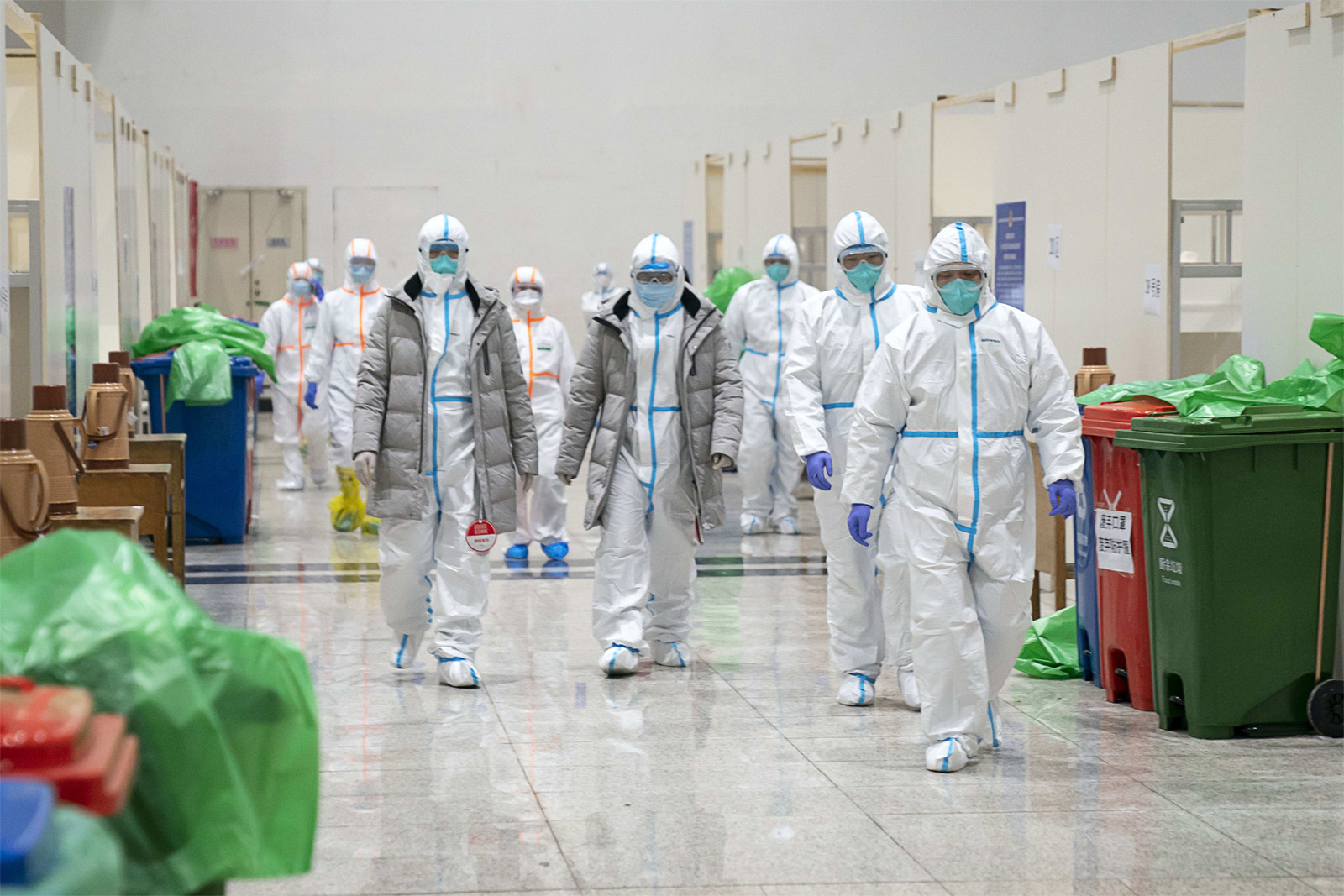
The crisis has already changed. We are seriously listening to what doctors and epidemiologists will say. The opinion of real experts has become important and valuable. Now we are again beginning to understand that government is important, and much depends on its effectiveness. Including our salary and our lives.
Less individualism
Eric Klinenberg, professor of sociology and director of the Institute of Public Knowledge at New York University:
The pandemic put an end to this short romance with hyper-individualism. With the opinion that we are capable of everything ourselves. Now we can turn to authoritarianism. We are not so much against the introduction of the military to ensure order. Trump may ban elections for this period, leaving himself president. The dystopian scenario is very real.
But I believe that we will learn the right lessons. We will invest more in society, in health, in our doctors. We can better see how our destinies are related to each other. A cheap burger that I gladly eat in a restaurant where employees are paid less than the minimum wage. And a neighbor who refuses to sit at home and goes for a walk around the city. Maybe we have something in common?
Religious rites will change
Amy Sullivan, Strategy Leader at Vote Common Good:
We Christians say that love and hope will always overcome fear. But can they defeat him this Easter? Especially if we cannot celebrate it together. Rites will be held by Zoom, even without a family. But what about Muslims with Ramadan if they cannot attend a mosque or gather with relatives at the end of the fast?

Pope prays for end of pandemic in front of empty square
Religions will have to adapt. This is exactly what they have been afraid of for thousands of years. Traditions will have to be broken. Moreover, all religions at the same time. Who can do this more successfully than the rest?
New types of reforms
Jonathan Rauch, author of Atlantic and researcher in Brookings Institution:
There is one group of people who have recently survived an epidemic in America. These are gay. HIV / AIDS, of course, is very different from coronavirus, but a lesson can be learned from it: epidemics can change the community. The gay nation did not protect us either. We ourselves have built structures, networks, changed our habits and lifestyle. We saw that if we want to save ourselves, we ourselves must change, and not just the healthcare system.
Now the same metamorphoses are occurring. People find new ways to communicate, support each other. Organizing new communities with a strong internal culture. These are the results that I am glad to see.
Technology
Virtual reality development
Elizabeth Bradley, President of Vassar College, Global Health Systems Researcher:
VR allows us to get the impressions we want. Even when we are isolated, in quarantine or alone. Maybe that’s how we can adapt and stay safe – in this pandemic or the next. I would be interested to see a VR program that helps with socialization and emotional health – for people who are isolated.
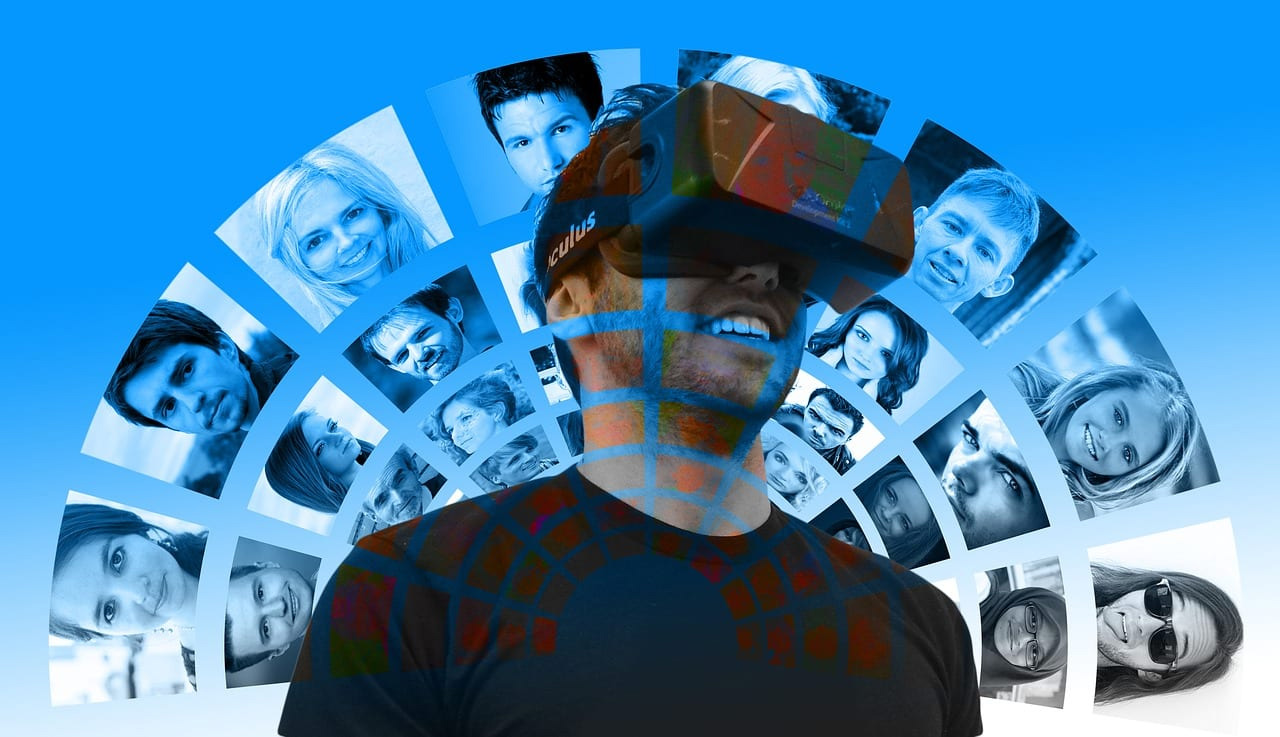
Imagine you are wearing a headset. And suddenly you are in the classroom, or in the office, or in any other place with people. This helps not to feel so alone, not to be afraid of face-to-face communication. The positive psychological component is difficult to overestimate.
Falling restrictions for online services
Katherine Mangu-Ward, magazine editor Reason:
COVID-19 will bring down many artificial barriers that prevent us from moving our lives online. Of course, not everything can be made virtual. But the number of useful online tools is now growing at an incredible pace. The Internet used to be very limited to bureaucracy. They tried to reduce the network speed constantly, to take large services under the bridle with acts and laws. Now the government understands that during the crisis, the Internet can become our assistant, and not vice versa. In order to somehow limit it, we will not return soon.
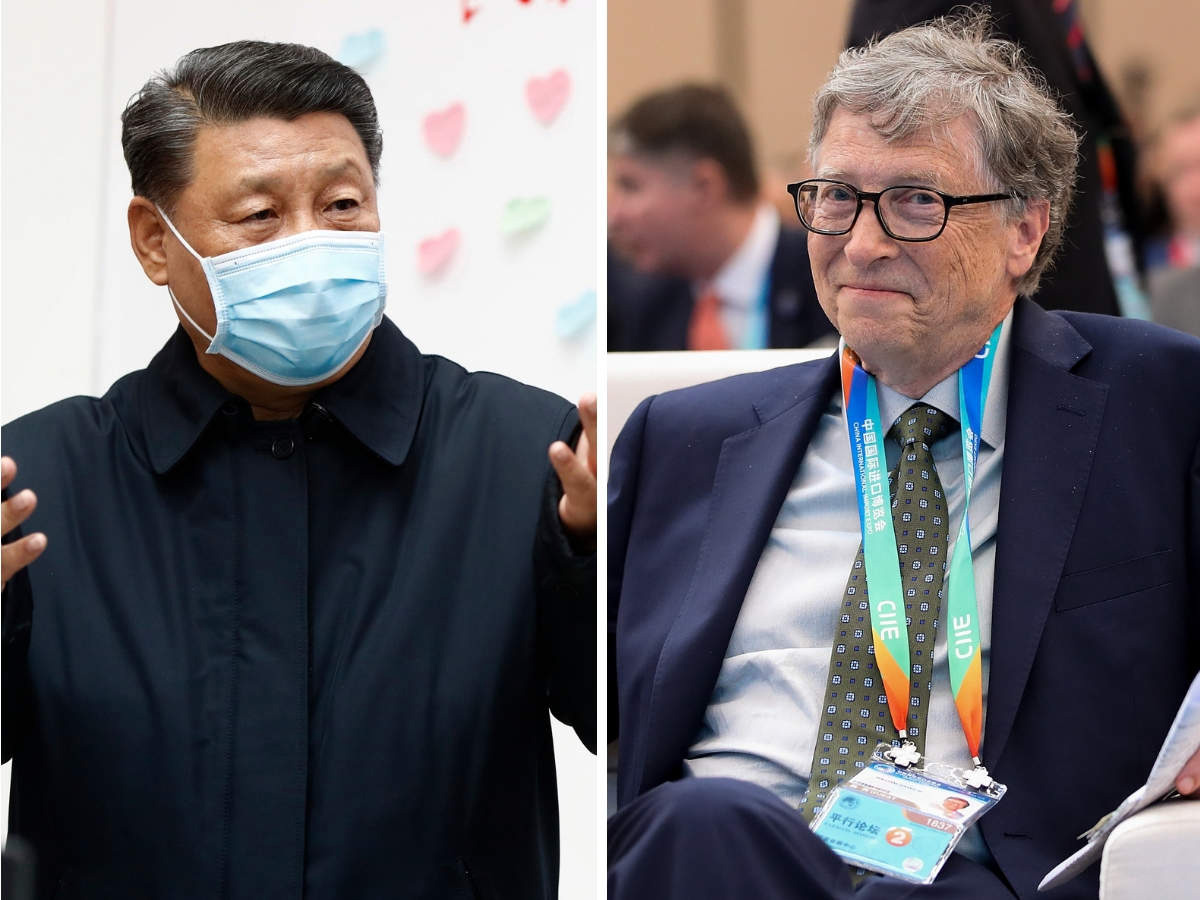
Laws are now being prepared to allow partial or full online education. When this genie is released from the bottle, it will not be pushed back. Many families would like their children to study online. You don’t have to travel far, the tuition fee is less, you don’t have to pay for hostels. And many schoolchildren, future students, will now understand that they like to study online more.
In terms of work – too. The limitations that existed in the brains of large bosses are declining. Those employees who, during the quarantine period, will understand that they can work efficiently without being in the office, it will be enough for them to download one or two applications and ask permission from the head, that’s all.
It turns out that most of the meetings (both classes and doctor checks) can be very successful in online mode.
A healthier digital lifestyle
Sherry Turkle, professor of social research and technology at MIT, head of the MIT initiative to research the impact of technology on society, author of Reclaiming Conversation: The Power of Talk in a Digital Age:
We spend a lot of time on our devices, and now it’s worth thinking about which communities we want to create with their help. In the early days of social distancing due to coronavirus, we saw the first inspirational examples. Free online concerts from the stars. School performances that have been canceled but are now uploaded by schoolchildren online for viewing, and celebrated by celebrities. Large businessmen find time to listen to offers from beginning entrepreneurs. Yoga masters give free classes.
Human generosity and empathy know no limits. It is enough to look inside and ask: “What can I offer? I have my life, my story. What do people need? ”
